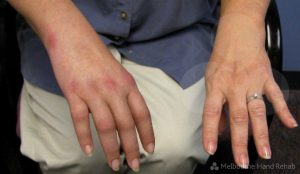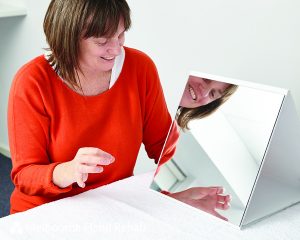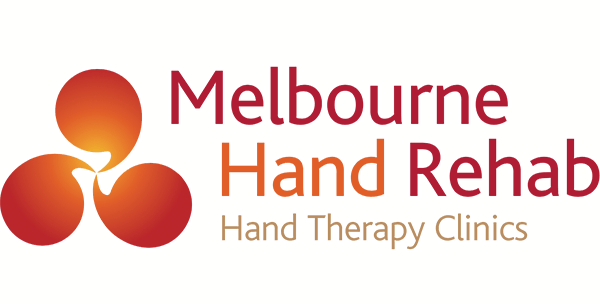
28 Aug Understanding Complex Regional Pain Syndrome (CRPS): causes, symptoms and treatment
Complex Regional Pain Syndrome (CRPS) is a challenging condition characterised by intense, chronic pain in a limb, usually following an injury or trauma.
This debilitating condition affects the quality of life for many individuals. Hand therapists play a crucial role in the diagnosis, management, and treatment of CRPS.
Causes of CRPS
CRPS can occur after various types of injuries, such as fractures, sprains, surgery, or even minor traumas. The exact cause of CRPS is still not fully understood, but it is believed to involve abnormal responses of the nervous system. In some cases, the condition may be triggered by an immune response or dysfunction of the sympathetic nervous system.
The prevalence of CRPS is higher in females, with three times more likelihood of being affected compared to males. Among adults, the arm is the limb most commonly impacted by this condition. It is important to note that CRPS manifests differently in individuals, and the response to treatment can vary significantly from person to person.
Symptoms of CRPS
The primary symptom of CRPS is severe and persistent pain, which often exceeds the expected level based on the initial injury. The affected limb may become hypersensitive to touch, temperature changes, or movement. Additional symptoms include swelling, changes in skin colour or temperature, limited range of motion, muscle weakness, altered sensation and stiffness. Emotional distress, including anxiety and depression, is also commonly associated with CRPS.
- burning pain in the arm, hand, leg or foot
- numbness, pins & needles, altered sensation
- pain that changes in intensity, but often feels much worse than may be expected
- loss of fine motor control
- tremors or spasms
- stiffness
- changes to the skin, hair and nails on the affected limb
- the affected limb is warmer or colder than the unaffected limb
- the affected limb is sweatier or drier than the unaffected limb
Patients may present with any number of these symptoms and may not be affected by all of them.

Treatment for CRPS
There is no simple cure or diagnostic test for CRPS. Hand therapists employ a multidisciplinary approach to address the complex nature of CRPS. Physical therapy focuses on improving joint mobility, strength, and overall function of the affected limb.
The aim is to increase functional ability and participation in activities of daily living – such as cooking, driving, hobbies and work related activities.
Hand therapists utilise various techniques, including gentle exercises, desensitisation strategies and manual therapy to reduce pain and enhance function.
Our therapists use and recommend evidence-based best treatment practices to manage CRPS. Treatment programs may include:
- Patient education
- Brain ‘retraining’ using mirrors, computers and phone apps
- Graduated exercise program using SMART goals and pacing
- Hydrotherapy
- Patient led de-sensitising

A Melbourne Hand Rehab patient using mirror therapy
Psychological support plays a crucial role in CRPS management. Collaborating with psychologists and pain management specialists, hand therapists help patients address the emotional impact of the condition. Cognitive-behavioural therapy, relaxation techniques, and stress management strategies are frequently employed to assist patients in coping with pain and improving their overall well-being.
Your consulting doctor may also prescribe medication to manage CRPS-related pain. In stubbornly severe cases of CRPS, more advanced interventions may also be considered.
It is important that any diagnosis is made by a health professional who is familiar with the signs and symptoms of CRPS.
Complex Regional Pain Syndrome is a challenging condition that requires a multidisciplinary approach for effective management. Not all health professionals are familiar with CRPS. This can lead to a delay in diagnosis or a mistaken diagnosis of CRPS when the person does not have the condition. It is important that any diagnosis is made by a health professional who is familiar with the signs and symptoms of CRPS.
While most people recover from CRPS, the process for some can be slow and frustrating. Seeking the expertise of a hand therapist can provide valuable insights and assistance in managing this condition and improving the quality of life for individuals living with CRPS.
By Karen Friesen
If you are experiencing finger, hand or wrist pain, don’t hesitate to get in touch. We’d love to help you.
BOOK AN APPOINTMENT
For more information, call us directly on 03 9458 5166


